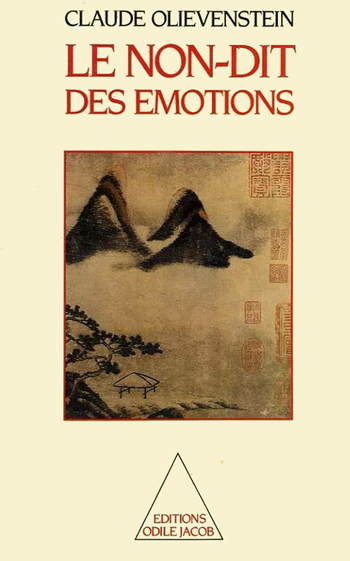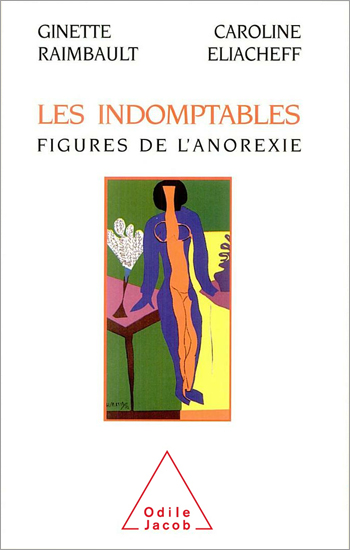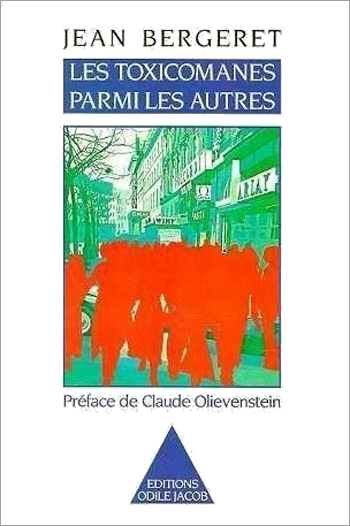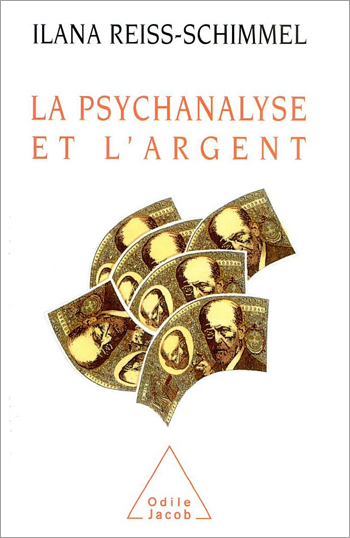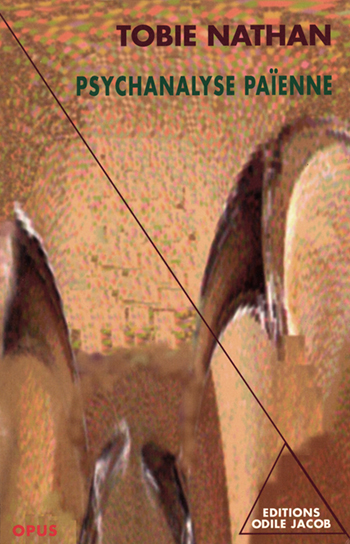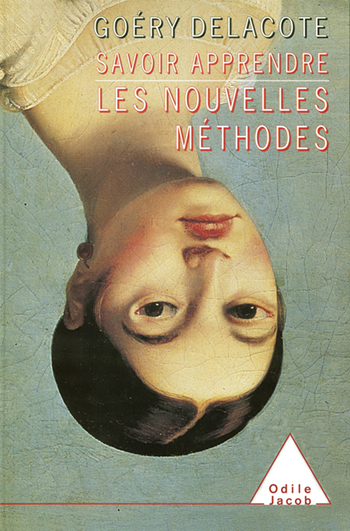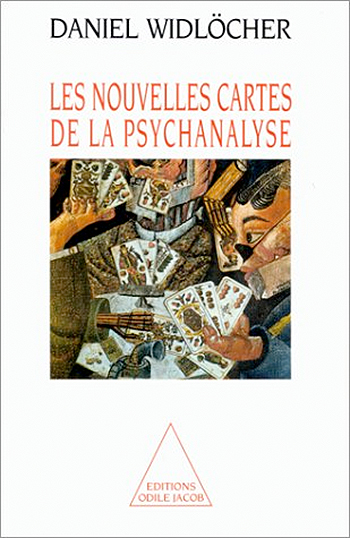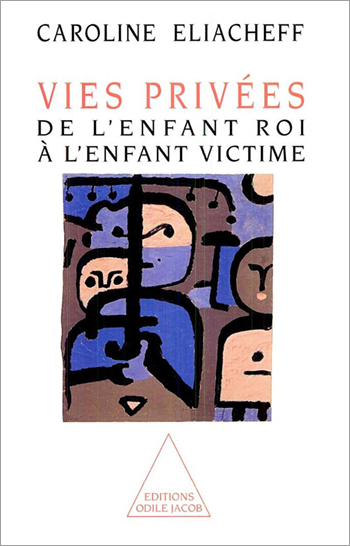Psychoanalysis All books
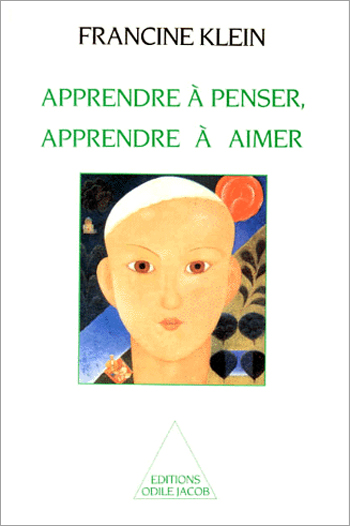
Francine Klein
Learn to Think, Learn to Love
Is everything determined at birth and in our first months of life? Why is it that certain children experience difficulty in learning to walk and to speak? Why them and not others? By describing the mechanics of learning and intellectual development, Francis Klein emphasizes the role of affection and relational factors on early development. She reminds us that to learn to think pre-supposes pleasure and liberty. Francine Klein is a children's psychiatrist and a psychoanalyst.
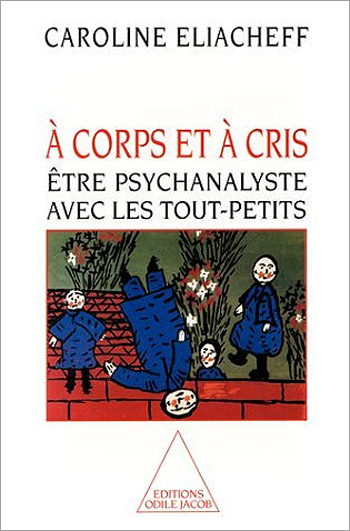
Caroline Eliacheff
À corps et à cris How to psychoanalyse young children
Oliver, Zoe, Mathias and the others are children of grief. They barely speak. They have faced innumerable trials: unknown mothers, abandon, adoption, even separation from imprisoned parents. Traditional medicine allows them to survive, but cannot teach them to live. Is there a solution? This book attempts to reach these neglected children and, through words, to heal. Caroline Eliacheff is a psychoanalyst who counts among her published works Les Indomptables, written in conjunction with Ginette Raimbault.
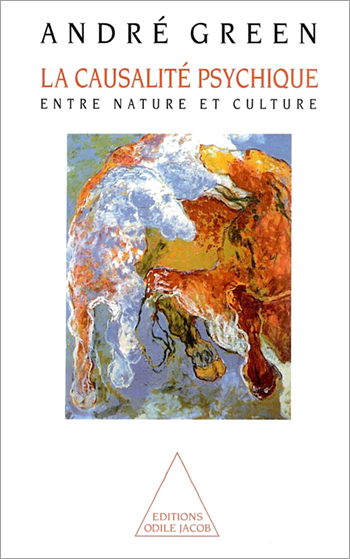
André Green
The Psychic Causality Between Nature and Culture
Without reprieve, we hear of the agony of psychoanalysis. On one hand, neuroscience and the cognitive sciences reduce the psyche to a sum of 'natural' phenomenon. On the other hand, the social sciences see it as an ensemble of 'cultural' process. In this point-by-point discussion of the issues in this debate, and drawing upon his extensive clinical experience as his main resource, André Green shows that the human psyche is the result of a double determinism, both natural and cultural. It emerges as an original and autonomous creation, and that is exactly what forms the specificity of psychoanalysis. Andre Green is a psychoanalyst and the President of the Psychoanalytic Society of Paris.
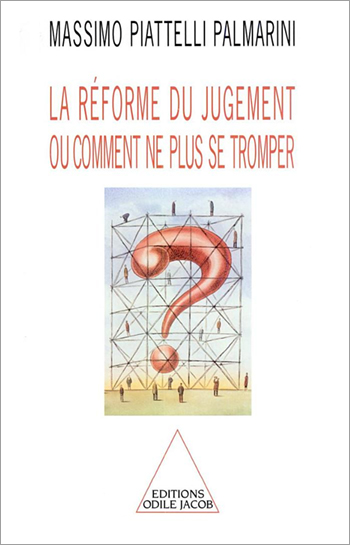
Massimo Piattelli Palmarini
Retraining Judgement How to avoid fooling yourself
How can we reason more effectively ? Everyday, we solve countless problems and take decisions by trusting our intuition, our common sense. Often, it is not only our passions, our emotions that lead us astray, it is the mind itself which tricks us, without us even being aware of it. How can we avoid these traps ? By driving out into the open, with the help of Massimo Piattelli Palmarini, the natural illusions and unconscious mechanisms which occupy our minds, and by working to help our judgement in the same way as psychoanalysis works to improve our emotional lives.
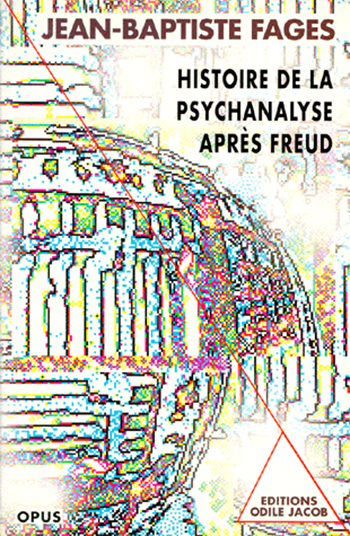
Jean-Baptiste Fages
History of Psychoanalysis after Freud (New Edition)
For all those who want an introduction in simple terms to psychoanalytical thinking this book highlights the great post-Freudian figures and principal movements. It examines in their turn the individuals who have made remarkable contributions (such as Sandor Ferenczi), those who were leaders and their spheres of influence (Adler, Jung, Lacan), the personalities united by their research area (for example the child psychoanalysis of Anna Freud and Mélanie Klein) or by cultural convergence (such as the New York School, the cultural tendency, etc.). Sociologist, and doctor of the history of philosophy, Jean-Baptiste Fages teaches at the Sorbonne in the capacity of CELSA.

